So, What Age Group is Padel Perfect For?
If you’ve ever asked yourself this question, I can assure you that padel’s beauty lies in its versatility. It’s not just for kids, not just for adults, and definitely not only for seasoned pros. Padel is that rare unicorn of a sport that embraces every age group—and there are a lot of good reasons why.
Padel is fun, it’s easy to pick up, and it’s low-impact. Whether you're five or 75, it offers something different depending on your age, but it's always fun and fulfilling. This sport brings everyone onto the same court—literally and figuratively.
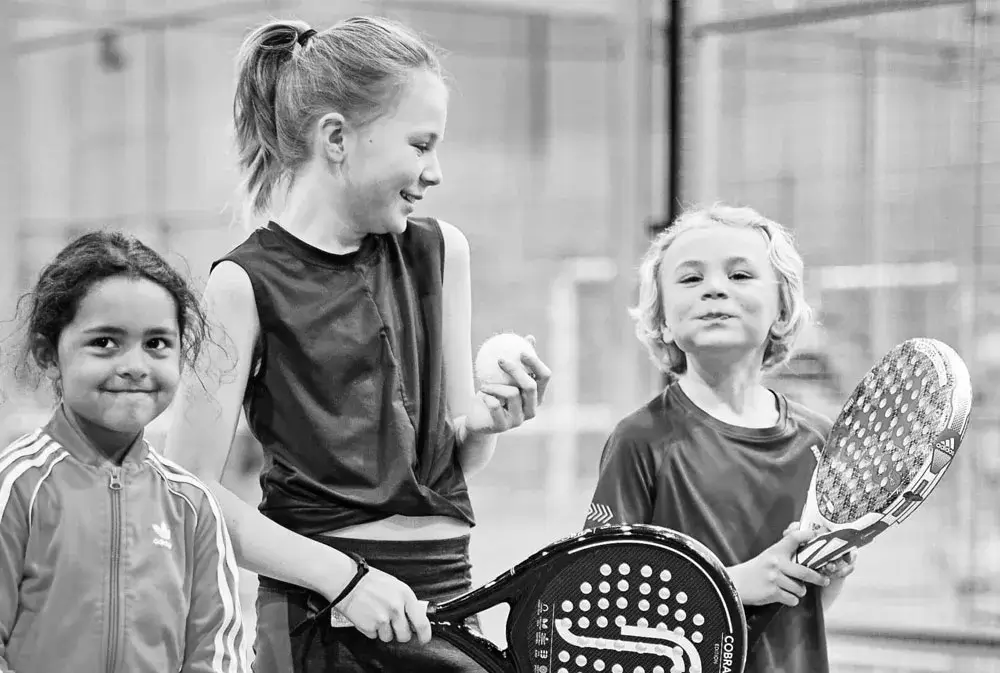
The Young Guns: Why Padel is Great for Kids
Let’s start with the kids. For younger players, padel is the perfect introduction to racket sports. Its smaller court size means kids won’t feel overwhelmed, and the lightweight rackets and balls are more forgiving than other sports like tennis.
Plus, the doubles format builds teamwork skills from an early age. Kids love the fast-paced action, which keeps them on their toes and develops their coordination, agility, and reflexes. Beyond the physical benefits, padel also helps kids learn valuable life skills like cooperation and communication. It’s basically a sneaky way to teach kids how to work well with others—while having a blast.
Many clubs now offer lessons and programs specifically designed for children, so it’s never been easier for them to get started.
The Glory Days: Padel for Adults
Ah, adulthood. The time when we're supposed to have everything figured out, but really, we’re all just trying to stay fit without falling apart, right? Well, padel’s got your back. For adults, the sport is the perfect mix of physical activity and mental challenge.
Adults love padel because it’s intense enough to get the blood pumping (hello, calorie burn!), but not so hard on the joints that you’ll wake up the next day cursing your decision. It’s like a cheat code for staying active.
The social element of padel can’t be ignored either. Most of the time, you’ll play doubles, so you’re always engaging with at least three other people. It’s a great way to make new friends, or if you’re playing with colleagues, network without the awkward small talk. Whether you’re a beginner or more advanced, you can find your groove, develop strategies, and still have fun.
The Golden Years: Why Padel is Perfect for Seniors
Seniors, it’s time to shine! Unlike many high-impact sports that wreak havoc on aging joints, padel is kind to the body. Its low-impact nature makes it a favorite among older players, who still get a great cardiovascular workout without the risk of injury.
The smaller court size means less running around compared to sports like tennis, and the doubles format means you can still cover the court effectively even if your speed isn’t what it used to be.
More importantly, staying active with padel helps maintain mental sharpness and coordination, which is crucial as we age. It's not just about swinging the racket; it's about positioning, anticipating your opponent’s move, and reacting. For seniors, this can be a great way to keep the mind engaged while also staying fit.

A Game for Every Generation
One of the best things about padel is that it’s truly a family-friendly sport. I’m talking grandparents, parents, and kids all on the same court, bonding over a shared activity. You don't have to be a super athlete to get involved, and the simple rules mean anyone can pick it up quickly. It’s a sport that naturally creates moments for family fun—like, actual fun, not the forced kind where everyone secretly hates it.
Many clubs offer family memberships, making it easier than ever to get the whole gang involved. Padel fosters those connections that cross generations, whether it’s a fun match between grandparent and grandchild or a competitive game between siblings. There's something deeply satisfying about a sport where everyone in the family can participate, regardless of age.
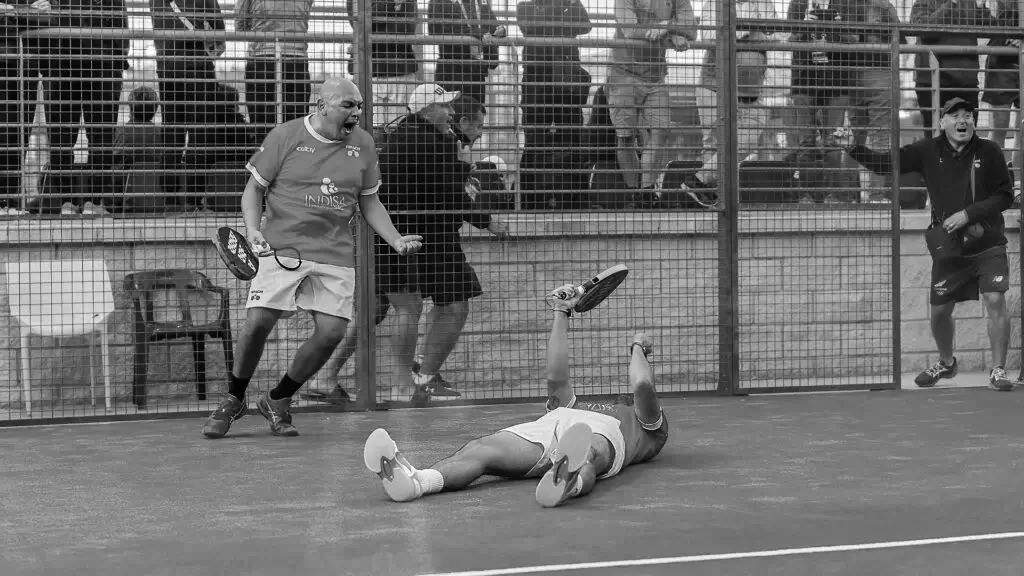
The Mental Benefits of Padel (Because It’s Not Just About the Workout)
Beyond the physical, padel provides a significant mental boost. The game demands quick decisions, strategy, and problem-solving—skills that benefit every age group. For kids, it enhances focus and discipline. For adults, it’s a great way to stay sharp. For seniors, padel offers cognitive stimulation that can help keep the brain active and engaged.
We’ve all heard that phrase, "Use it or lose it." Well, padel makes sure you use it. Even though the game is physically active, it’s also about thinking a few steps ahead and strategizing with your partner. It’s kind of like mental chess—but with way more movement.
So, Who’s Padel NOT For?
Honestly? Pretty much no one. Whether you're a kid, an adult, or getting on in years, padel’s got you covered. It doesn’t require extreme physical endurance or crazy technical skills, but it does offer endless fun and fitness. The barrier to entry is low, and the rewards are high. Unless you’re strictly allergic to having fun, there’s no reason not to try it.
But let’s dig deeper. Seriously, who wouldn't padel be for? Maybe if you hate socializing—because let’s face it, padel is a pretty social sport. If you prefer solo sports where it’s just you, your headphones, and your inner monologue, padel might feel a bit too communal. The doubles format means you’re always playing with (and against) someone else. So if the idea of cooperating with another human being for the sake of sport makes you cringe, well... that might be a minor red flag.
Still, even if you’re not the world’s most social butterfly, there’s something about padel that sneaks up on you. It’s sneaky social. You’re playing a fast-paced game that doesn’t leave a lot of room for awkward small talk. So, maybe you’ll surprise yourself and enjoy it without all the forced “sportsmanship” moments.
What About the Ultra-Competitive Types?
Padel is also not your go-to sport if you're someone who thrives on ultra-competitive, cutthroat athletic events where only the strongest survive. Sure, there’s strategy involved, but the game is much more lighthearted than, say, a high-stakes tennis match. It’s about having fun, getting in a good workout, and maybe—just maybe—winning a point with a well-placed shot off the wall. So, if you’re the kind of person who throws their racket after losing a point, padel’s laid-back vibe might drive you crazy.
That said, if you’re one of those hyper-competitive types who does try it, you’ll likely end up taking it more seriously than you expected. You’ll find yourself trying to outsmart your opponents with tricky angles and plays. Before you know it, you’ll be hooked on the mental chess that is padel. So, there’s that.
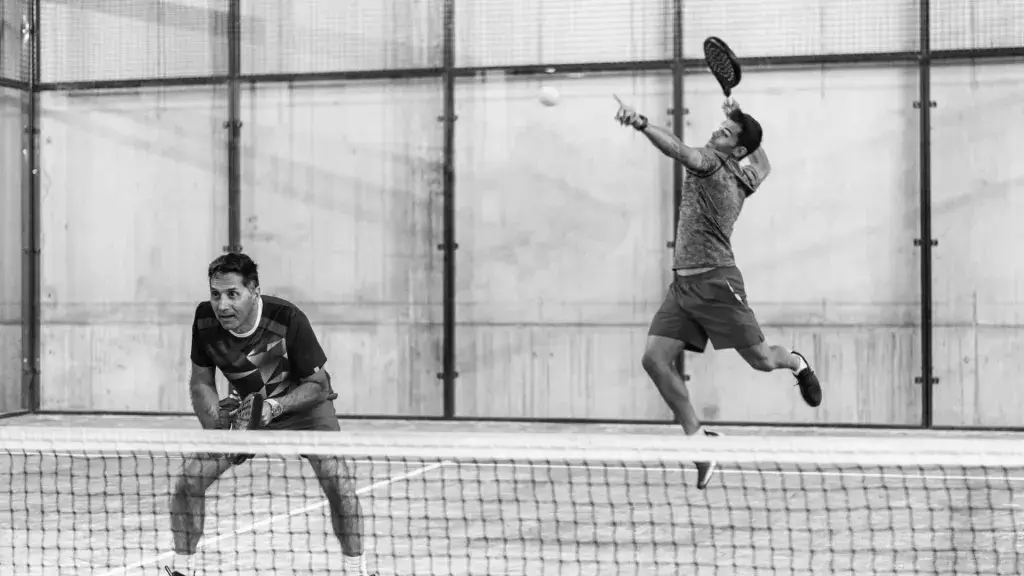
Is Padel Too Easy for the Athletically Gifted?
Maybe you’re thinking padel sounds too easy. If you’re used to dominating on the tennis or squash court, you might assume padel is a walk in the park. But don’t be fooled—there’s plenty of challenge if you’re looking for it. Sure, the court’s smaller, but the dynamic nature of the game, with walls in play and fast volleys, makes it way trickier than it looks. It’s like the sport has its own little quirks that keep even the fittest athletes on their toes.
At the end of the day, whether you’re an absolute beginner or an athletic freak of nature, padel finds a way to challenge you just enough to keep things interesting. It’s one of those rare sports that scales with your ability without punishing you for not being a pro right out of the gate.
So Who Should Avoid Padel?
Honestly? No one. I mean, unless you’re really committed to avoiding joy and physical activity, there’s no reason not to at least give it a try. The learning curve is gentle, the social aspect is fun, and it’s way easier on the joints than a lot of other sports. Plus, whether you’re playing casually with friends or stepping it up in a club tournament, there’s always room to grow and improve.
Padel is for everyone. It doesn’t discriminate by age, skill level, or physical ability. And if you’re still unconvinced? Well, I dare you to give it a go—just once—and see if it doesn’t turn into your new favorite thing.
Frequently Asked Questions About Padel Age Groups
Is padel good for seniors?
Yes! Padel’s low-impact nature and smaller court size make it perfect for seniors looking to stay active without putting too much strain on their joints.
Can children play padel?
Absolutely. Padel is great for kids as it helps improve coordination, reflexes, and teamwork. Plus, many clubs offer lessons specifically designed for young players.
What makes padel easier on the body compared to other sports?
Padel’s smaller court size means less running, and its low-impact nature puts less stress on the joints, making it a safer choice for all ages.
Is padel a good workout for adults?
Yes! Padel is an excellent cardiovascular workout that also engages various muscle groups. It’s fun, social, and burns plenty of calories without feeling like hard work.
Can families play padel together?
Yes, padel is a fantastic family sport. The simple rules and smaller court size make it accessible to all generations, allowing grandparents, parents, and kids to play together.


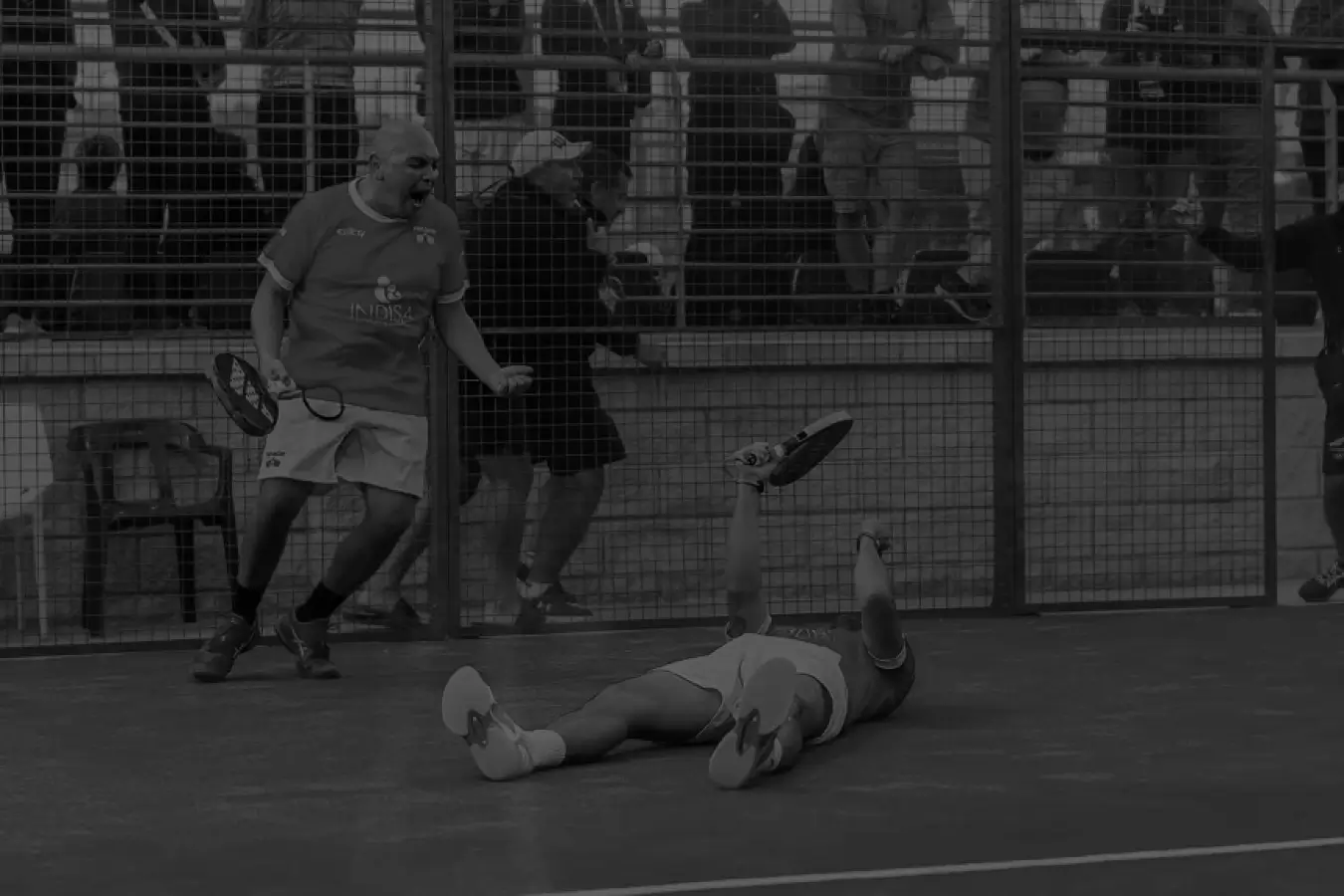


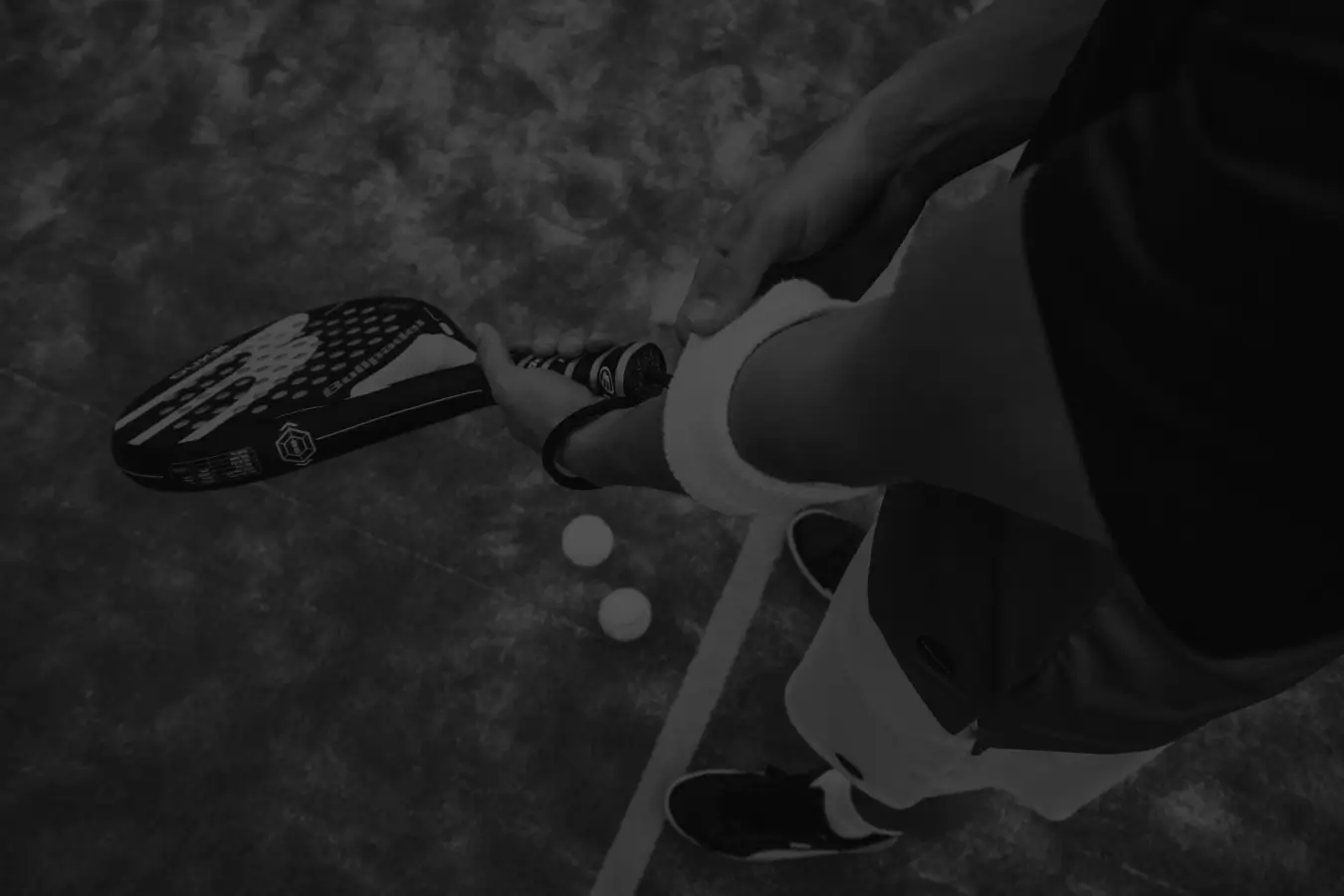
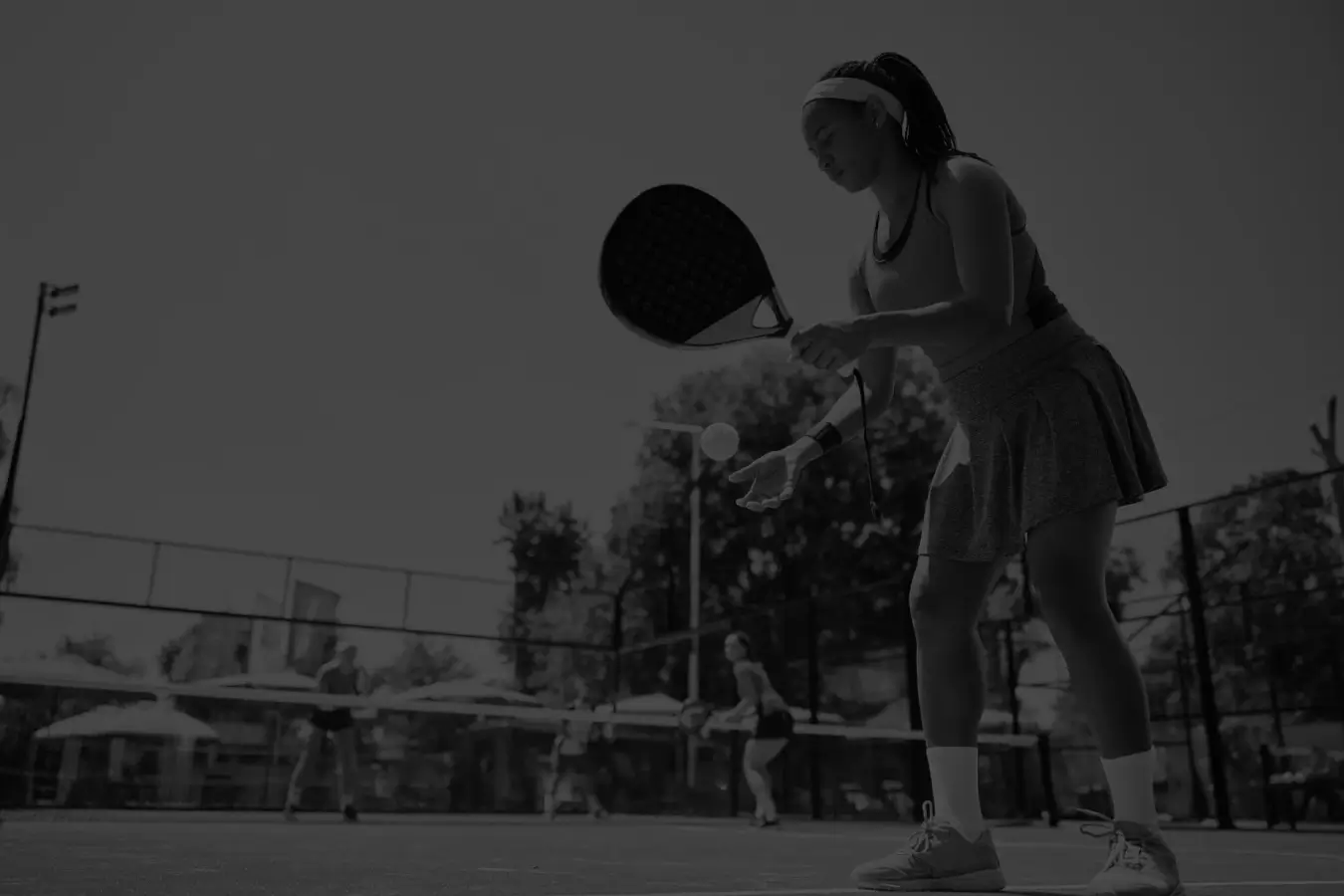
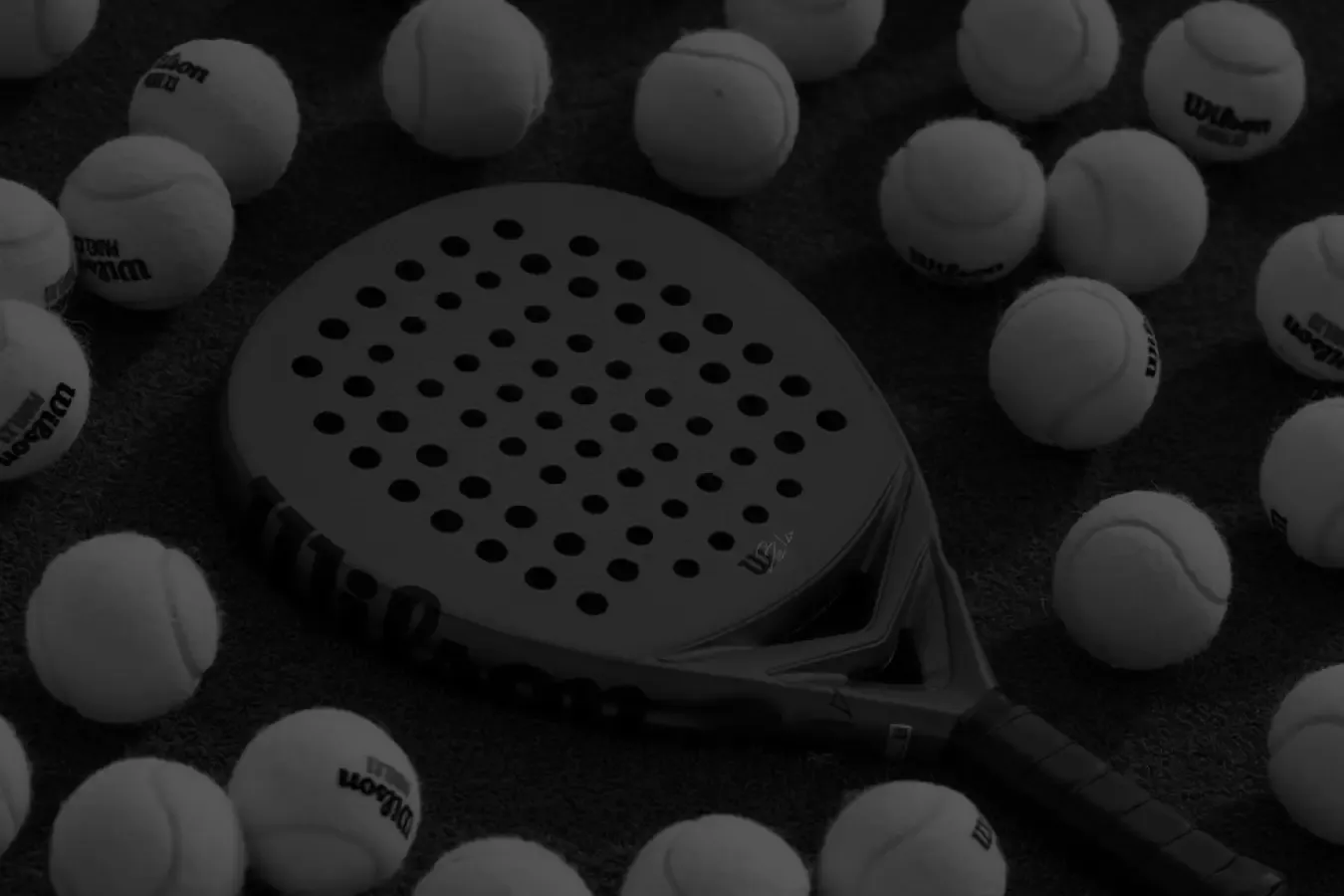
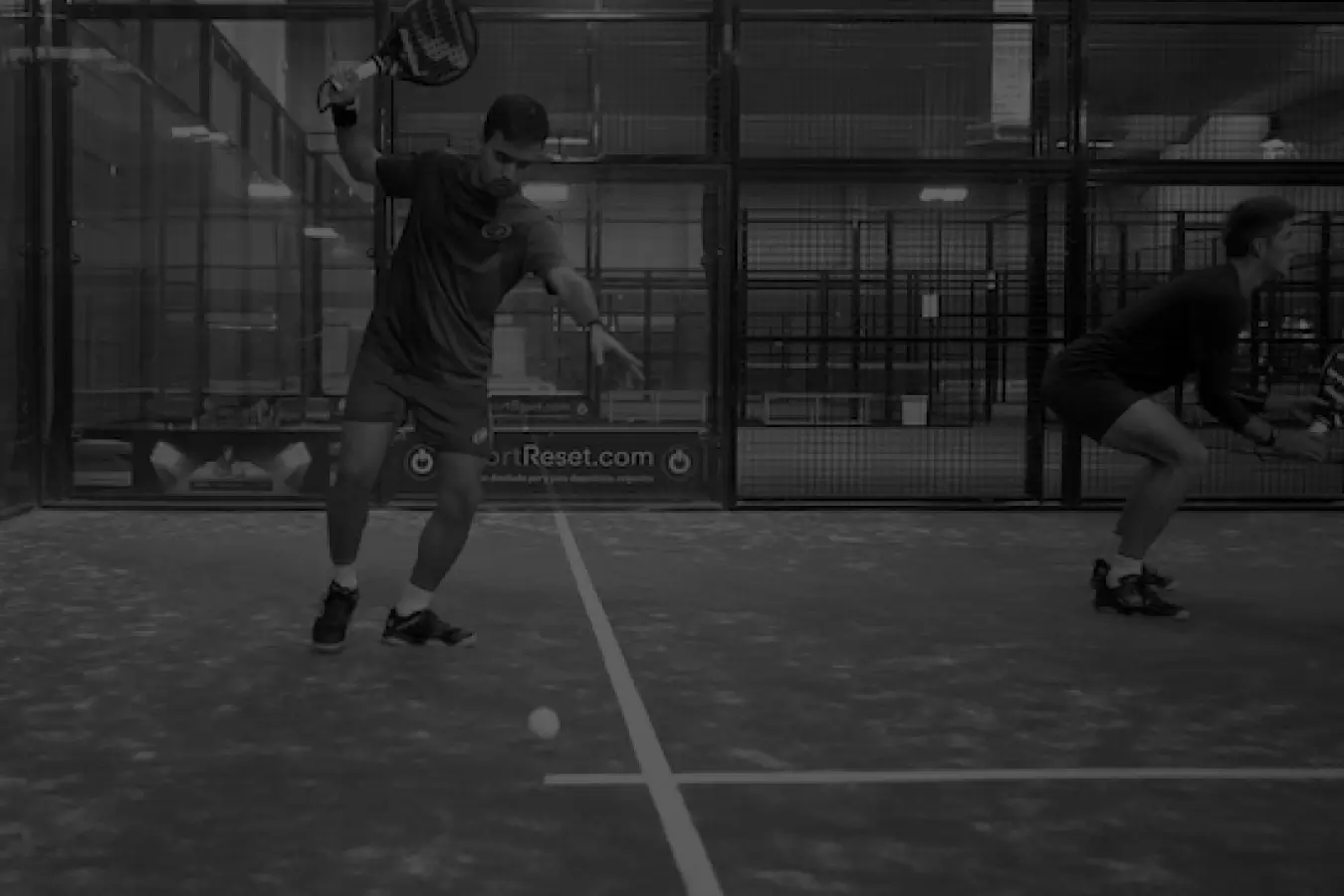
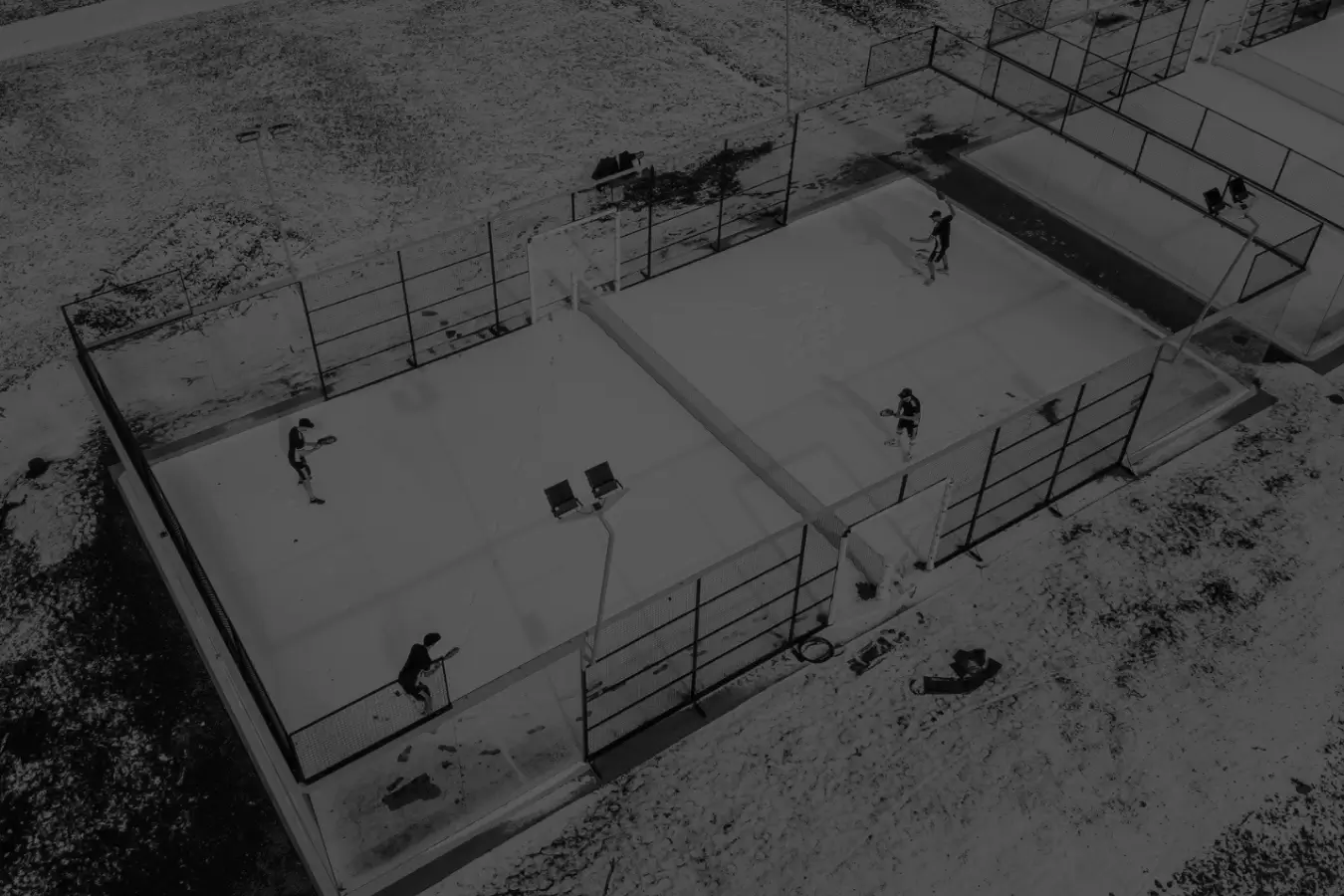
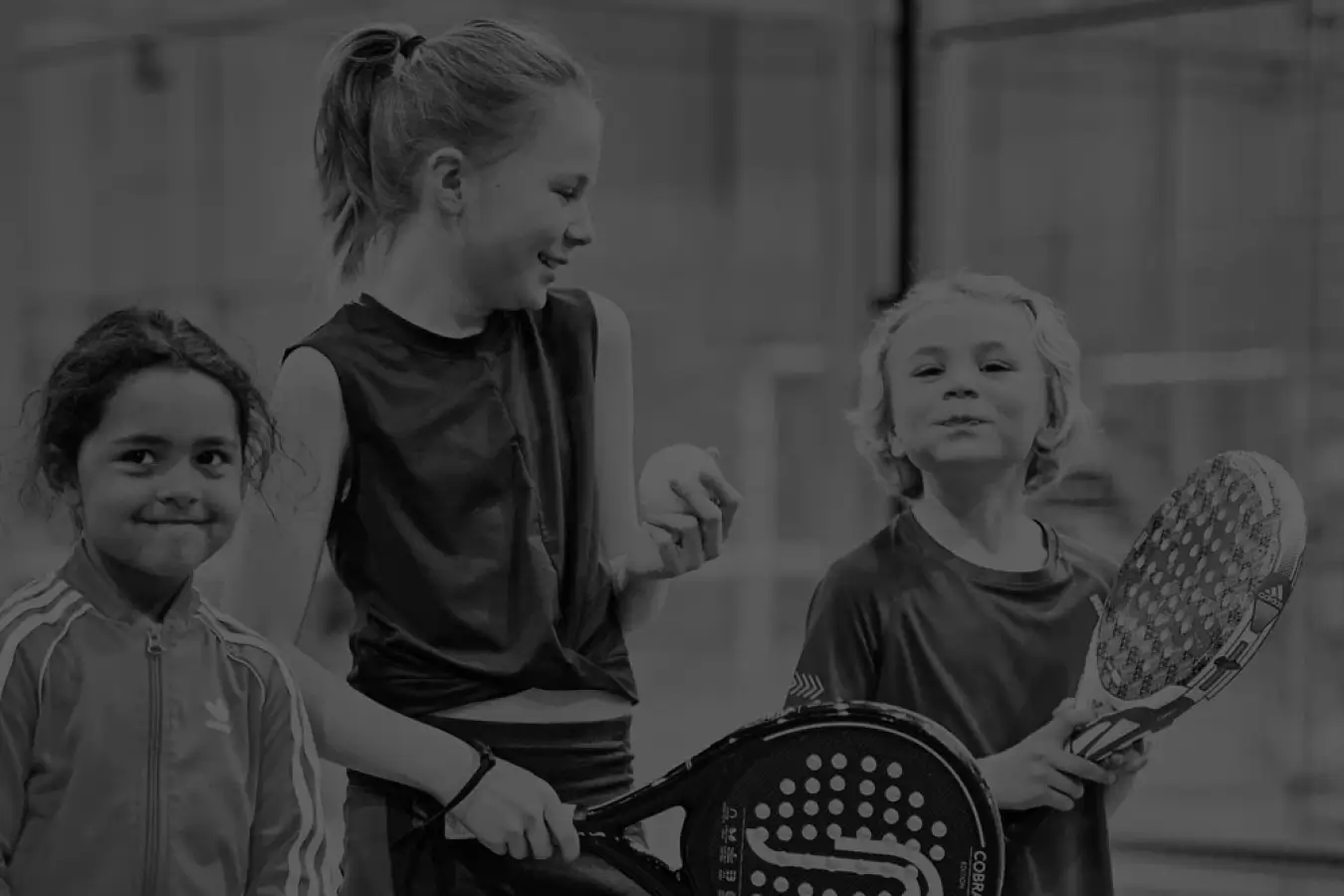
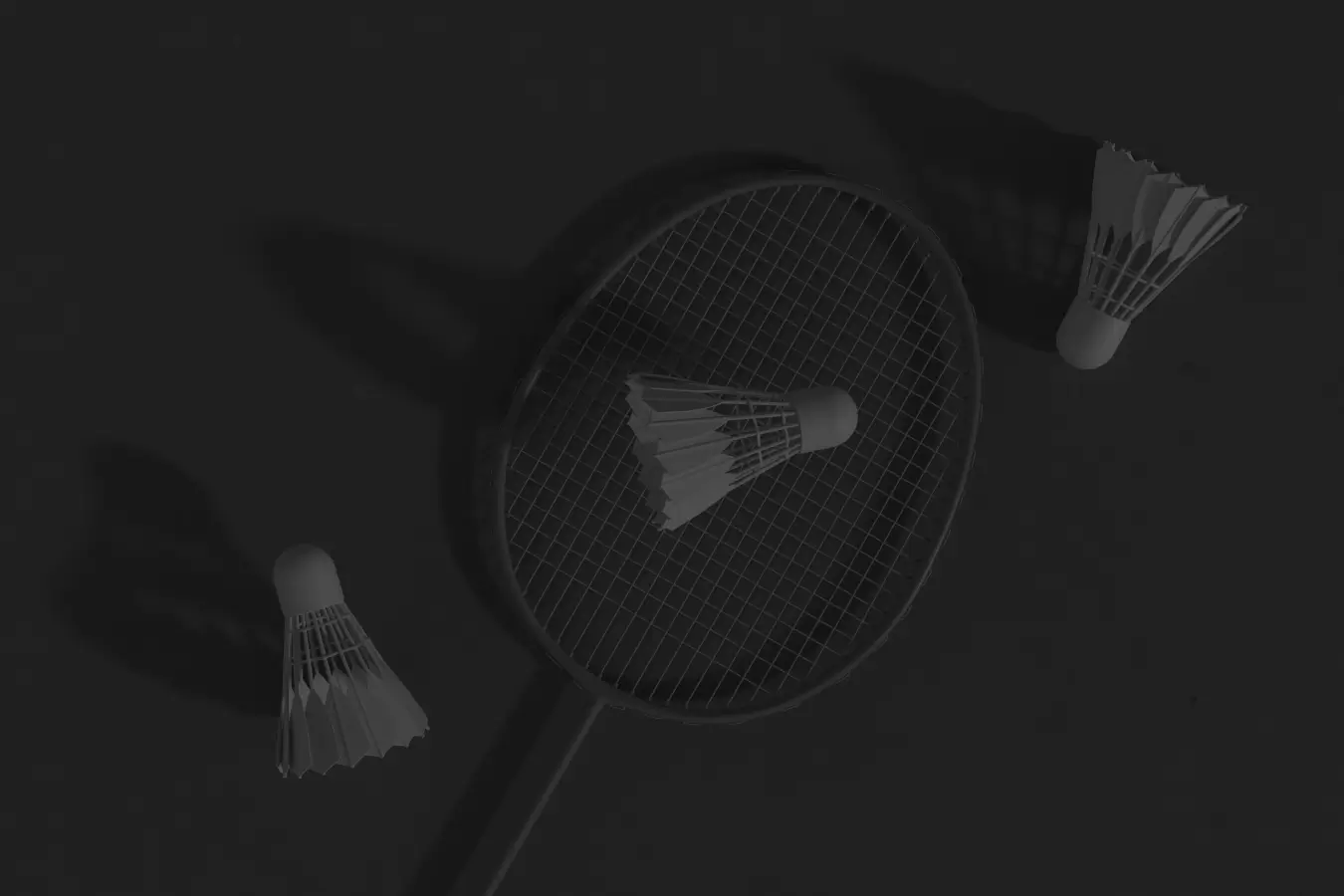
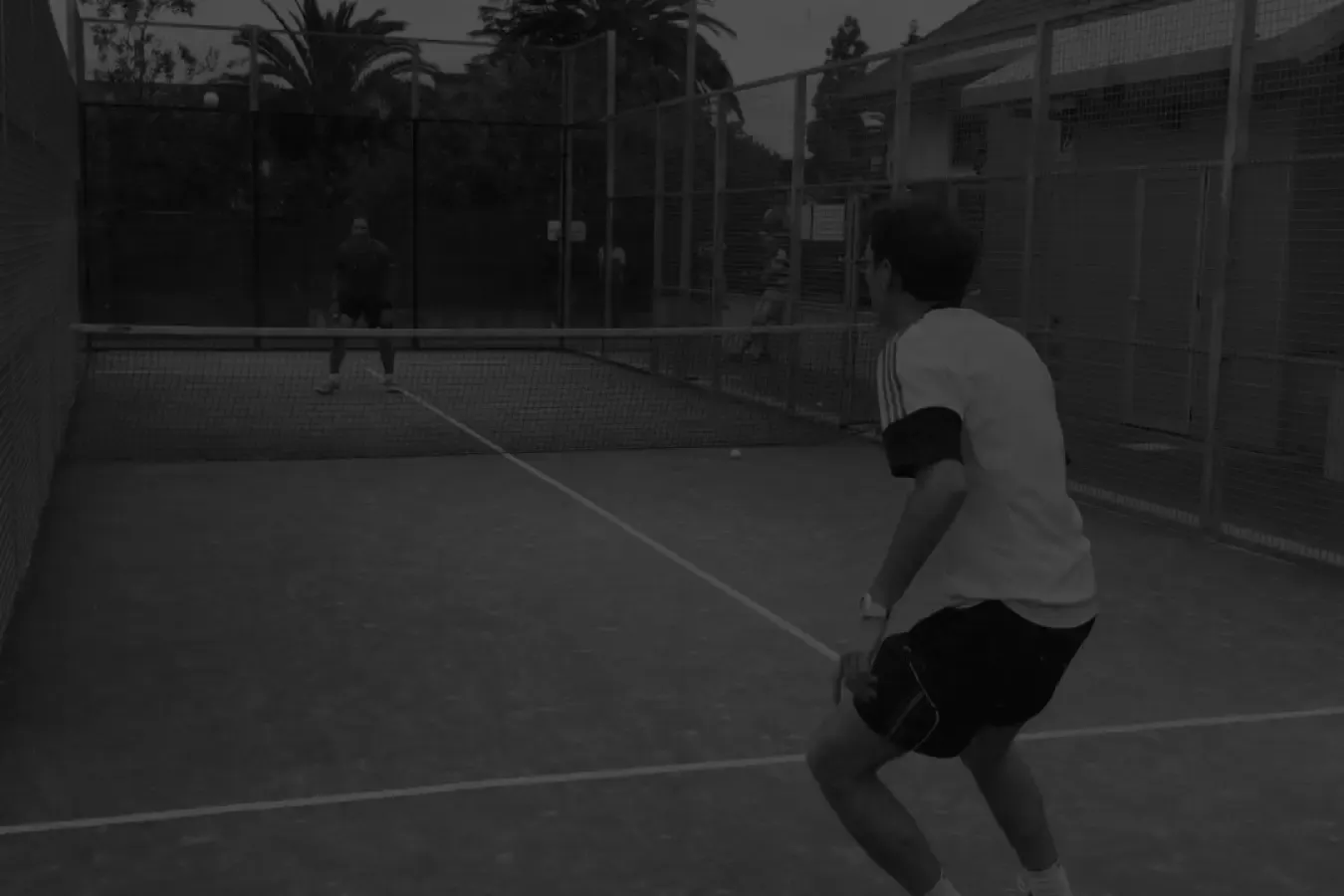
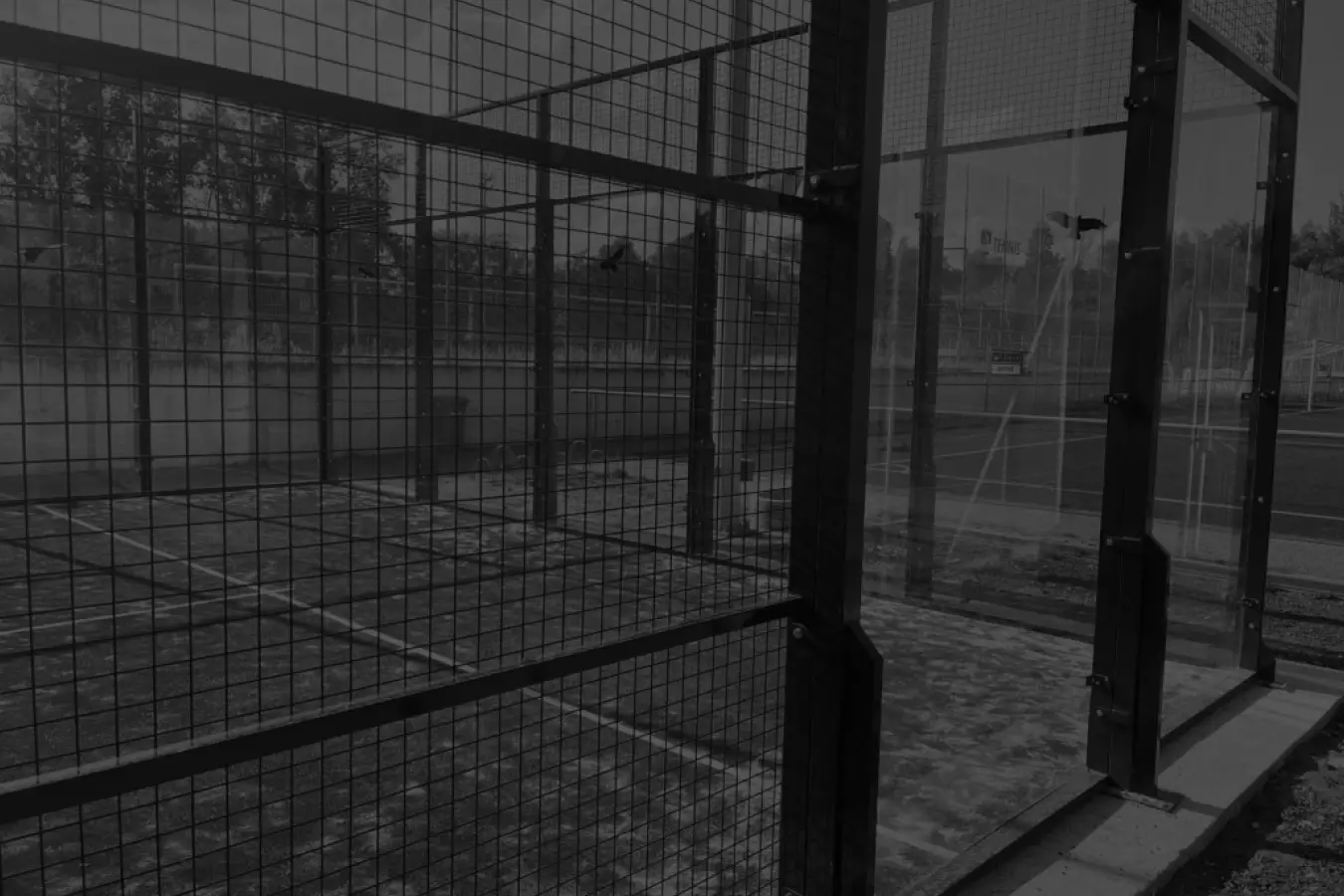
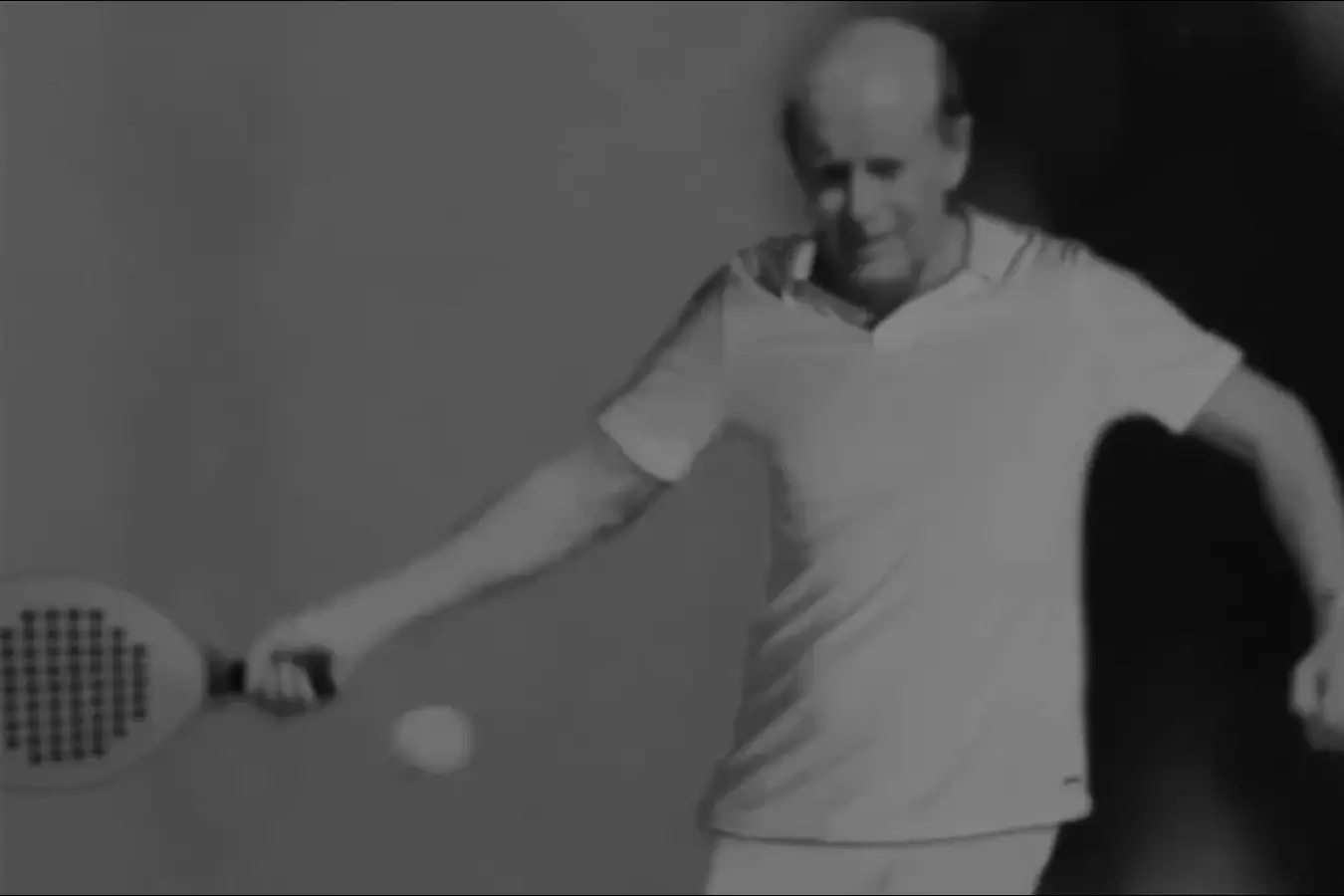
Discussion